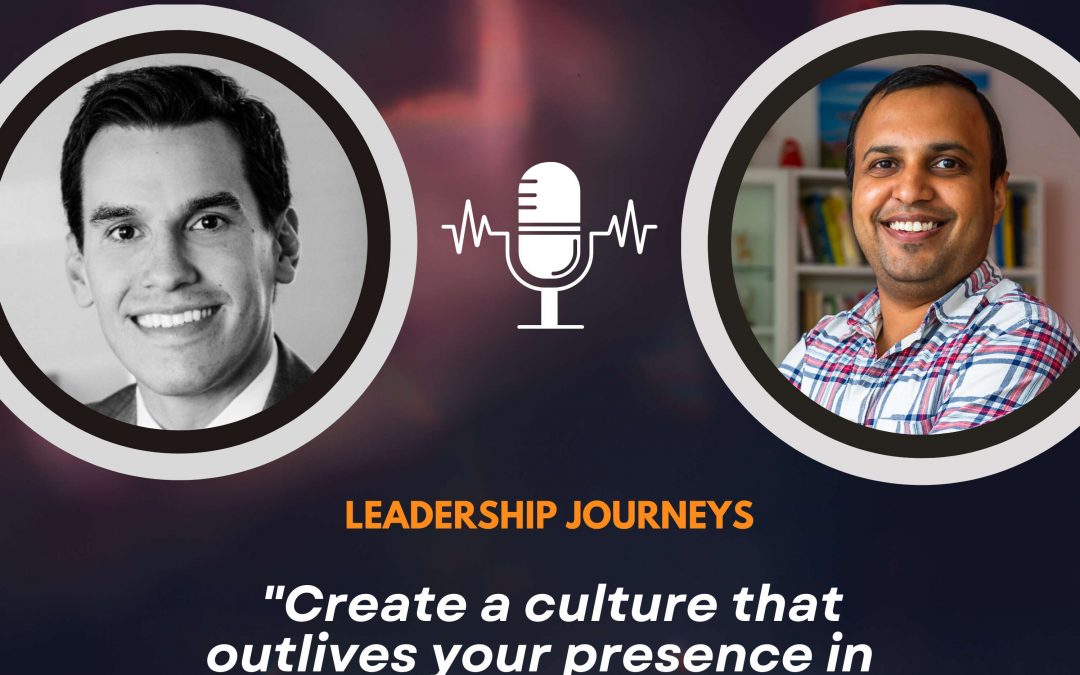This is the Leadership Journey series on the Choosing Leadership Podcast.
I believe we all have a lot to learn from each other’s stories – of where we started, where we are now, and our successes and struggles on the way. With this series of interviews, my attempt is to give leaders an opportunity to share their stories and for all of us to learn from their generous sharing. If you know a leader whom you would like to see celebrated on the show, please send me a message on LinkedIn with their name.
Join us in this insightful interview with Andres Klaric, where we delve into his remarkable journey from Bolivia to Wall Street and beyond.
With a background deeply rooted in the automotive industry and finance, Andres shares invaluable lessons learned along the way.
From growing up with limited resources to now leading a thriving tech company, his experiences offer a unique perspective on resilience and adaptability in leadership.
Discover how his upbringing shapes his approach to entrepreneurship and learn actionable strategies for navigating challenges, fostering a culture of excellence, and balancing work with personal passions.
Get ready to be inspired and equipped with practical insights for your own leadership journey!
You can find Andres Klaric at the below links
In the interview, Andres shares
- “I’ve always had this goal of coming to America and competing at the highest level. I thought about the U.S. as the land of opportunity.”
- “Growing up in Bolivia, you learn to be a little more scrappy, dealing with very few resources. It’s something that perhaps I would have missed had I not grown up here.”
- “Sometimes I get shocked by the cost of things in the U.S., even after 20 years. It’s important to be frugal, but where are you frugal?”
- “Recognizing that frugality could get in the way of making big decisions is crucial. Having someone to counter that is important.”
- “When the facts change, I change my mind. What do you do? I’m very open to having my mind changed if someone presents better facts.”
- “I want to make financial institutions more efficient because the ultimate beneficiaries are humans, trying to get access to credit for education or small businesses.”
- “Convincing people that our platform can make a difference is a challenge. Building this operating system for lenders is worth pursuing.”
- “In the process of building, I don’t forget the other things that matter in life. We have families, and those things are fundamentally important.”
- “Creating a culture that outlives your presence in the room is vital as the organization grows. It’s about setting a foundation for scalability.”
- “Feedback loops that are codified in the organization are crucial. Culture needs some codes, so everyone can hold each other accountable.”

